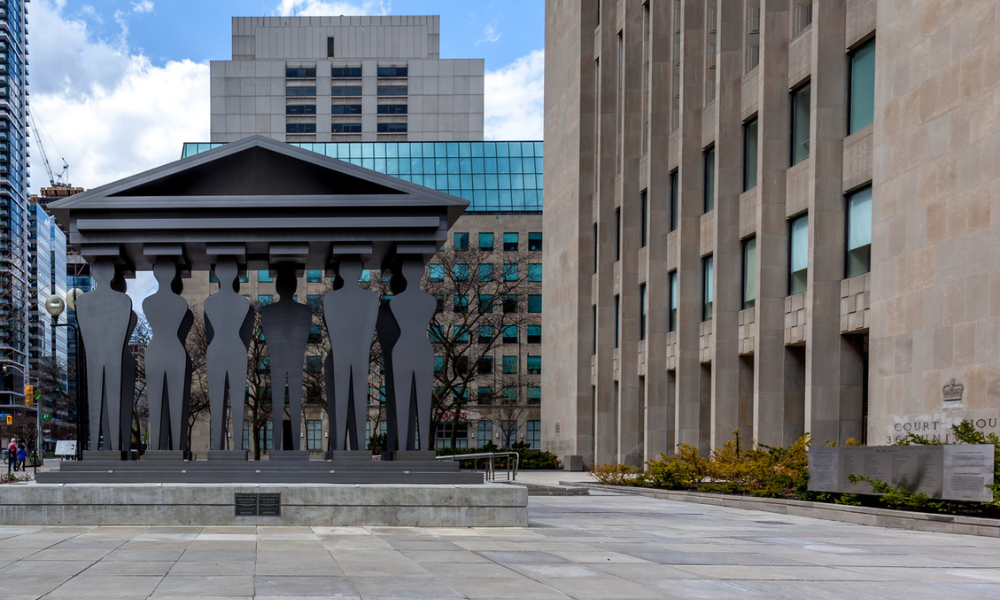
Lacking investigative steps alone does not necessarily time-bar a claim: court

The Ontario Superior Court of Justice granted a plaintiff's motion to amend a slip and fall claim to add CRH Canada Group Inc. as a defendant, ruling that the issue of whether the claim was statute-barred requires further examination in a summary judgment or trial.
The plaintiff's slip and fall incident occurred on February 17, 2019, with the initial statement of claim issued on March 6, 2020. The motion to add CRH as a defendant was served on April 28, 2023. The central legal question was whether the plaintiff's claim against CRH could have been discovered through reasonable diligence before January 20, 2022, when the plaintiff first acknowledged the potential claim against CRH.
Under Ontario's Limitations Act, a claim must generally be filed within two years from its discovery date. According to s. 5(2) of the act, it is presumed that the claimant knew of the matters giving rise to the claim on the date the incident occurred unless proven otherwise. In this case, the court found that the presumption had been displaced as the parties had no dispute about the plaintiff's actual knowledge date.
The Superior Court examined whether the plaintiff had a reasonable explanation, backed by proper evidence, for not discovering the claim against CRH sooner. Previous rulings emphasized that lacking investigative steps alone does not necessarily time-bar a claim. The judge determined that the plaintiff’s explanation met the low evidentiary threshold required for such motions, noting the need to consider the explanation within its broader context.
CRH contended that certain paragraphs in the affidavits submitted by the plaintiff’s counsel were inadmissible, as they failed to identify sources of information and included legal arguments. The court decided it was unnecessary to rule on the admissibility of these paragraphs since they were not crucial to the decision.
Evidence showed that on December 22, 2021, during a call with defence counsel, the plaintiff’s counsel first learned of video footage potentially indicating the fall occurred on a municipal roadway. This information led to the involvement of CRH, the company responsible for winter road maintenance. On January 20, 2022, the City of Toronto confirmed CRH's role, and CRH was promptly notified of the claim.
CRH argued that the claim could have been discovered as early as April 17, 2019. However, no evidence was presented that the plaintiff could have reasonably discovered CRH's involvement sooner. Consequently, the court concluded that whether the claim was discoverable earlier and whether the limitation period had expired should be addressed in a summary judgment motion or at trial.
The court granted the plaintiff's motion to amend the claim, adding CRH as a defendant and allowing the plaintiff to plead a limitation period defense. The plaintiff was awarded partial indemnity costs of $5,000, payable by CRH.